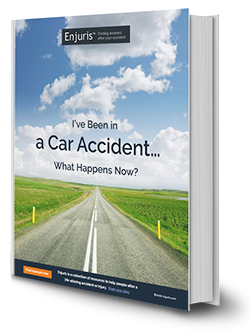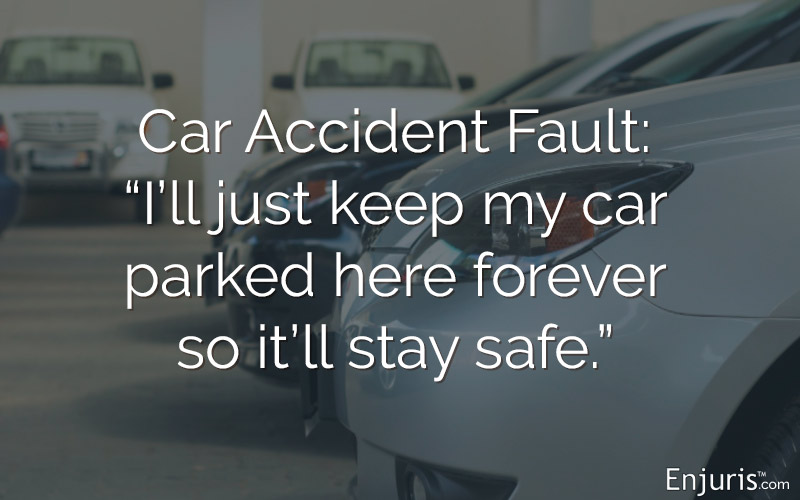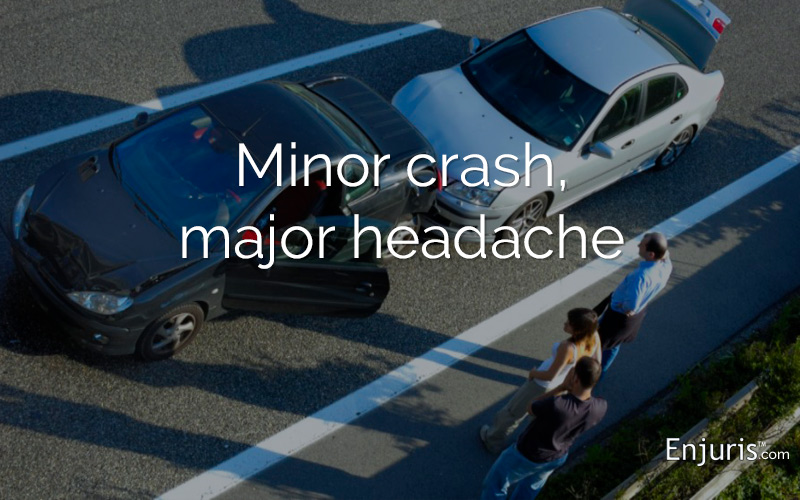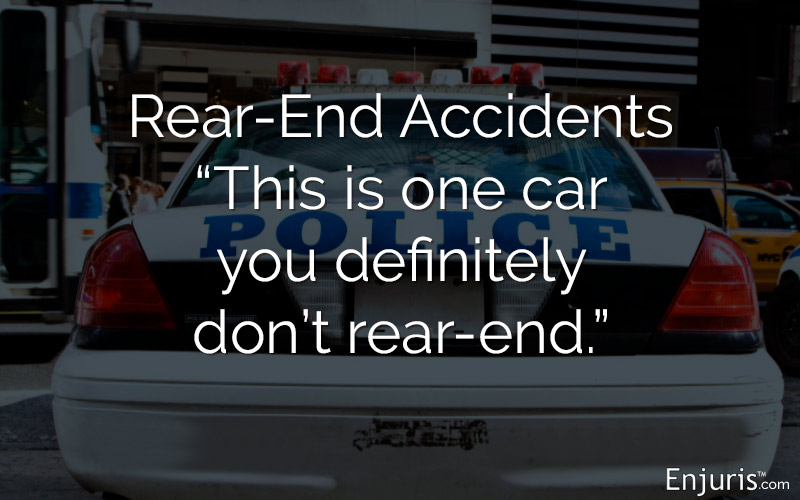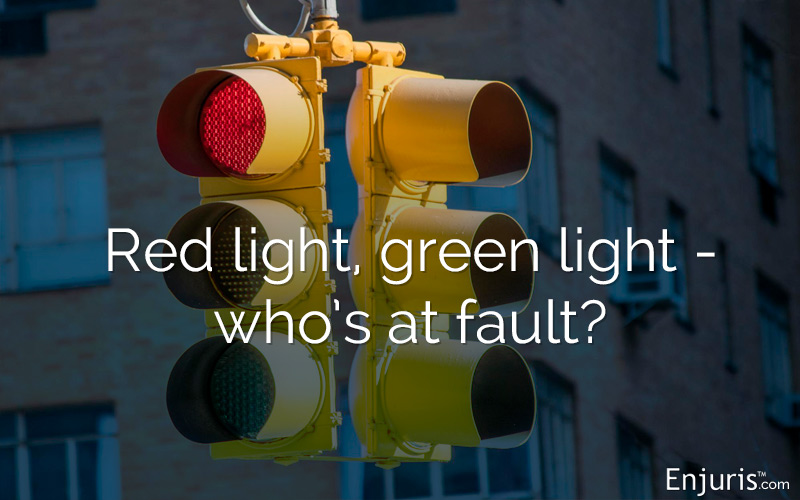Find out about Rhode Island car accident laws and insurance requirements
Find out how you recover damages for a Rhode Island car crash, whether you’re at fault or not.
Rhode Island is geographically the smallest U.S. state, with fewer than 50 miles from north to south and fewer than 40 from east to west. It’s the 45th most populous state, with just over a million residents.
Many residents and visitors access Rhode Island via I-95, which cuts diagonally across the state, joining it with Massachusetts and Connecticut. There are several state routes into the state, most of which culminate toward Providence, which is in the eastern third of the state, just over the border from Massachusetts.
Whether the Ocean State is your home or you’re one of its many enthusiastic tourists, you’ll want to be aware of the Rhode Island car accident laws before you drive... just in case the unexpected happens.
Rhode Island car accident laws
Rhode Island is an at-fault state
Also known as a “tort” state, this means the person who causes an accident is responsible for paying for victims’ damages. Typically, the victim would file a claim against the at-fault driver’s insurance policy.
Rhode Island pure comparative negligence law
In a state that follows a pure comparative negligence law, the fault for an accident is divided among all liable parties. Even the plaintiff is included, which means even if they didn’t cause the accident, if there’s something they could’ve done differently to avoid the accident, then they might share some liability.
Once fault is allocated, the amount of damages they can recover is reduced according to their percent of liability. However, unlike most states, there’s no limit to the amount of liability that would bar them from recovering compensation. Even if the plaintiff is found to be 75% liable, for example, they could file a claim for 25% of their damages.
When (and why) would you file a Rhode Island lawsuit rather than make an insurance claim?
It’s better to settle a claim through insurance where possible. A lawsuit is the last resort after all insurance options are exhausted. A lawsuit is time-consuming, costly, and can be stressful. Most lawyers’ objective is to obtain a settlement for their clients without going to court.
There are two primary reasons why your lawyer might advise you to file a lawsuit rather than continuing to pursue insurance:
- The amount of your damages (costs) is higher than the insurance policy limit. If the policy won’t satisfy the amount you need to cover your expenses, then you might sue the at-fault driver for the remaining damages.
- The parties can’t agree on a satisfactory settlement. If the insurance company has made you a lowball offer, or if there are disputes about the parties’ liability or the amount of compensation you need, then you might need a lawsuit that lets the court decide how to award damages.
The Rhode Island statute of limitations for a car accident is three years. That means you may file a lawsuit for three years from the date of the accident. However, it’s likely that the deadline for the involved insurance companies is much shorter, so you should contact insurance as soon as possible after a crash.
Rhode Island car insurance requirements and options
Rhode Island requires the following insurance for every car in the state:
- Bodily injury, $15,000/per person, per accident and $30,000 per crash: Pays for medical and rehabilitation expenses incurred by victims if you are the at-fault driver in a crash.
- Property damage, $25,000: Pays for property damage to other vehicles or property when you are at fault.
- Uninsured/underinsured motorist: Required for a driver who has more than the minimum amounts of bodily injury and property damage coverage. This pays for your bodily injuries and property damage if you’re the victim in a crash with an uninsured or underinsured driver.
The following types of coverage are optional in Rhode Island:
- Collision, for repair of physical damage or replacement of your vehicle after a crash.
- Comprehensive, for physical damage to your vehicle by anything other than a collision (for example, theft, vandalism, hail, etc.).
- Gap, which applies if you have a loan or lease. It pays the difference between the amount you owe on the loan after a crash and the value of the vehicle.
- Med Pay, which covers your medical expenses, regardless of who is at fault.
- Rental reimbursement covers rental or transportation while your vehicle is being repaired after a crash.
- Roadside assistance can cover certain costs for things like towing and labor if your vehicle becomes disabled.
Types of damages in a Rhode Island car accident claim
“Damages” is the legal term for the money you can receive as a result of an accident. The purpose of insurance and personal injury lawsuits is to make the plaintiff (injured person) whole, which means to restore them to the financial condition they would be in if the accident hadn’t happened.
Therefore, you can expect to be compensated for your costs related to the accident. These include:
- Economic damages like medical treatment expenses, lost wages, loss of earning potential, transportation to medical appointments, and household expenses like childcare or housekeeping.
- Non-economic damages like pain and suffering, mental anguish, and loss of consortium. These are “non-economic” because they don’t have a specifically quantifiable monetary value.
- Punitive damages, which are awarded separately from other damages. They are intended to punish the defendant for extreme and malicious behavior, and to serve as a deterrent to others for repeating that behavior. These are rare and are only awarded in extreme circumstances.
Rhode Island car accident reporting
You’re required to report an accident immediately to the nearest police department if the accident results in:
- Bodily injury or death to any person; or
- Damage that leaves one or more vehicles incapable of normal and safe operation
You must report the accident to the Rhode Island Division of Motor Vehicles within 21 days if the accident resulted in property damage of $1,000 or more, or if there was personal injury or a fatality.
If you’re involved in a Rhode Island car accident and need advice, guidance, or advocacy to negotiate a settlement, you can contact a personal injury attorney for assistance.
Additional resources
Refer to this list of free printable documents that are designed to help organize your needs after a car accident. Documents include:
Still not finding what you need?
Check out our other articles on motor vehicle accidents in Rhode Island.
Did you know that car accident law varies by state?
Hurt in a car crash? You may find these resources helpful
Need a lawyer?
What does an injury lawyer do?
A personal injury lawyer helps individuals who have sustained injuries in accidents to recover financial compensation. These funds are often needed to pay for medical treatment, make up for lost wages and provide compensation for injuries suffered. Sometimes a case that seems simple at first may become more complicated. In these cases, consider hiring an experienced personal injury lawyer. Read more
Common car accidents
